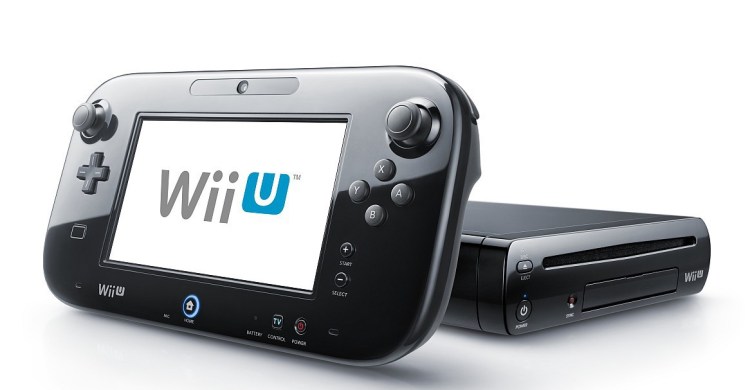Forget about Obamacare, because it’s time to look forward to NintendoCare.
In a meeting with investors Thursday in Japan, Nintendo president Satoru Iwata revealed his strategy to return the company to profitability. His plan involves squeezing every dollar out of the popular 3DS handheld, keeping faith in the Wii U, and expanding into health technology.
The latter suggests that Nintendo plans on using its strengths as a combined hardware/software maker to create “nonwearable” devices (something that’s not like Jawbone or Fitbit) that will improve quality of life. Nintendo started down this path with its Wii Fit exercise game, but the Iwata insists that it is “considering themes that we have not incorporated to games for our existing platforms.”
The goal is to create a “blue ocean,” a currently nonexistent market that Nintendo can launch the venture in with little to no competition. Iwata didn’t provide any specifics about what kind of “nonwearable devices” he was referring to, but in answering a question, he did say that they’re not necessarily something you would use in the living room. Nintendo will reveal more specific information later this year and plans to carry out the initiative by March 2016.
Iwata addressed Nintendo’s gathered investors during a meeting at the New Otani Hotel in Tokyo. The executive apologized to shareholders for financial losses during the last fiscal year, which he blamed on weak foreign sales (outside of Japan).
“Since the revision to our full-year financial forecast, there have been various reports and comments about us,” Iwata said. “However, we do not hold a pessimistic view of the future of dedicated video game platforms.”
In the meantime, Nintendo will continue focusing its efforts on supporting its own hardware. It does not plan to bring any of its intellectual properties to mobile platforms, which is a common cure that analysts suggest to improve the publisher’s performance.
After his apology, Iwata spoke at length about how Nintendo has a history of adapting and thriving, and how it plans to “firmly decide what aspects from the past should be kept and what should be dramatically changed.” He defended the company’s unwillingness to follow trends and outside opinions by emphasizing its motto, “The true value of entertainment lies in individuality.”
The path to back to profits
Nintendo’s short-term strategy, he announced, starts by finding ways to add value to the Wii U Gamepad. Not only will Nintendo prioritize creating and procuring new software to take advantage of the Gamepad’s features, it also plans to bring original DS games to the Wii U’s virtual console. The publisher will make the DS titles playable on the Wii U by displaying the bottom screen on the Gamepad and the top screen on the television.
While the company tries to right the Wii U, Iwata says it will rely on 3DS to generate revenues.
Iwata revealed that Mario Kart 8, the Wii U’s racing title, will debut worldwide in May. It is his hope that the major title’s launch will not be a “one-off event” but will instead create “huge momentum” for the home console.
Nintendo’s medium-term strategy will focus on integrating its handheld devices more closely with its consoles. Iwata highlighted the recent introduction of its universal Nintendo Network ID profile system as an example of this strategy, which aims to create cross-system relationships with consumers. Nintendo also plans to develop applications that use smart devices like phones and tablets to engage consumers and convince them of the value of Nintendo hardware.
To get more people playing and sharing its games, Nintendo revealed plans for a program that will offer discounts to consumers based on how many games they own. Iwata said that Nintendo plans to start implementing this concept with the Wii U in the short-term.
Rounding out the company’s medium-term strategies are licensing Nintendo’s characters to new partners and expanding into developing markets. In order to do the latter, Iwata said that Nintendo needs “a product family of hardware and software with an entirely different price structure.”
As for the health care angle, that brings up an interesting dilemma. Years ago, Iwata showed off a heartbeat monitor as an attachment for the Nintendo Wii console. But Nintendo never shipped the device. GamesBeat’s Dean Takahashi heard that the reason was about medical liability concerns related to shipping a device that was more like a piece of medical equipment. Such a device in the U.S. would require approval from the Food and Drug Administration.
But perhaps Nintendo can surmount that problem now.
Click here for the full transcript of tonight’s meeting.
VentureBeat's mission is to be a digital town square for technical decision-makers to gain knowledge about transformative enterprise technology and transact. Learn More







![Reblog this post [with Zemanta]](http://img.zemanta.com/reblog_e.png?x-id=e825c885-a8b9-46fc-87ca-0b2166d53e8d)
